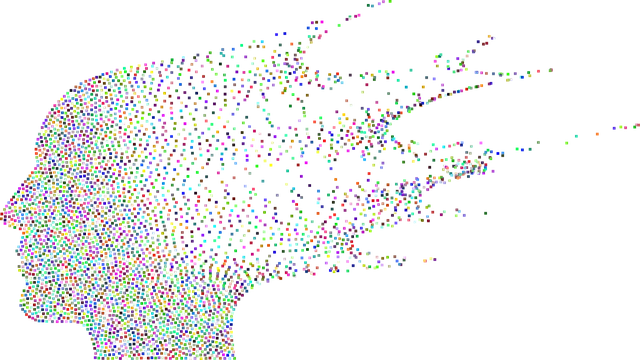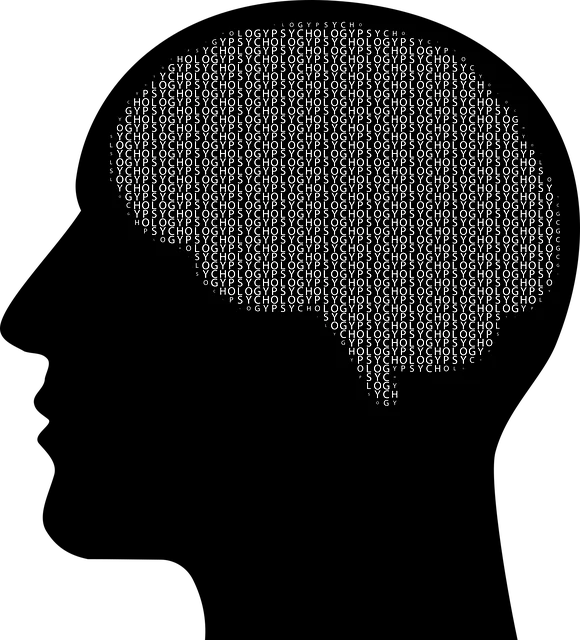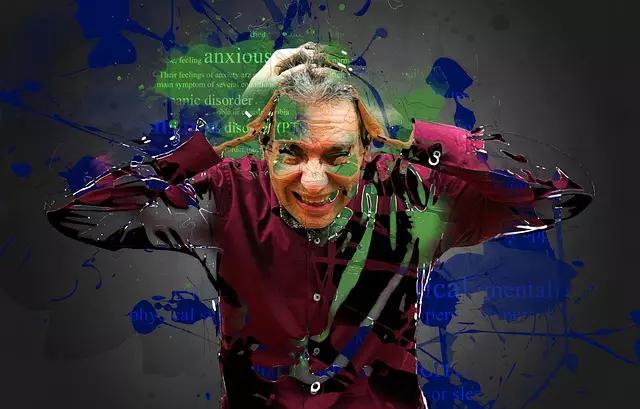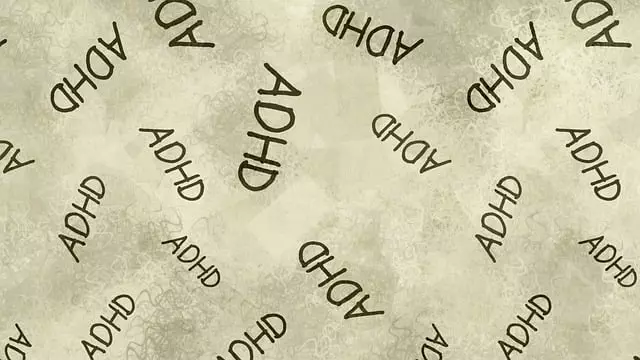Golden Kaiser mental health programs tackle diagnosis challenges by implementing innovative solutions like Crisis Intervention Guidance, Mental Wellness Coaching, and Trauma Support Services. They standardize assessment protocols through comprehensive training, enhance diagnostic accuracy with continuous improvement initiatives, and produce accessible Mental Wellness Podcast Series to empower individuals in understanding their mental health.
Mental illness diagnosis accuracy is a critical aspect of patient care, yet remains challenging. This article delves into the current landscape of mental health diagnosis, highlighting the imperative need for improvement. We explore pioneering initiatives from Golden Kaiser Mental Health Programs, known for their innovative approaches to enhance diagnostic accuracy. Furthermore, we discuss strategies focusing on standardization and continuous improvement, aiming to revolutionize mental illness diagnosis in today’s healthcare environment.
- Understanding the Imperative: The Current Landscape of Mental Health Diagnosis
- Golden Kaiser Mental Health Programs: Innovative Approaches to Enhance Accuracy
- Strategies for Standardization and Continuous Improvement in Mental Illness Diagnosis
Understanding the Imperative: The Current Landscape of Mental Health Diagnosis

In today’s world, accurate mental health diagnosis is paramount for effective treatment and management. However, the current landscape presents significant challenges due to the complexity and diverse nature of mental illnesses. The Golden Kaiser mental health programs recognize this imperative, aiming to bridge the gap between clinical assessment and precise diagnosis. Mental illness often manifests in subtle symptoms that can be easily overlooked or misinterpreted, leading to delayed or incorrect diagnoses. This is particularly problematic during crises when immediate intervention is crucial.
The lack of standardized evaluation tools and the subjectivity inherent in human interpretation contribute to this issue. To address these challenges, Golden Kaiser has been developing innovative solutions, including Crisis Intervention Guidance and Mental Wellness Coaching Programs. By integrating advanced assessment techniques and training healthcare professionals in evidence-based practices, these programs strive to enhance diagnosis accuracy. Additionally, focusing on Stress Reduction Methods as a core component of their approach ensures that patients receive holistic care tailored to their unique needs.
Golden Kaiser Mental Health Programs: Innovative Approaches to Enhance Accuracy

Golden Kaiser Mental Health Programs are at the forefront of innovative approaches to enhance mental illness diagnosis accuracy. By integrating advanced assessment tools and evidence-based practices, these programs strive to improve patient outcomes. One notable strategy is their Mental Wellness Podcast Series Production, which offers accessible educational content on various aspects of mental health, empowering individuals to recognize symptoms and seek appropriate support.
Additionally, Golden Kaiser places a strong emphasis on Trauma Support Services, recognizing that many mental health conditions stem from traumatic experiences. This holistic approach ensures that patients receive comprehensive care tailored to their unique needs, fostering emotional regulation and promoting mental wellness.
Strategies for Standardization and Continuous Improvement in Mental Illness Diagnosis
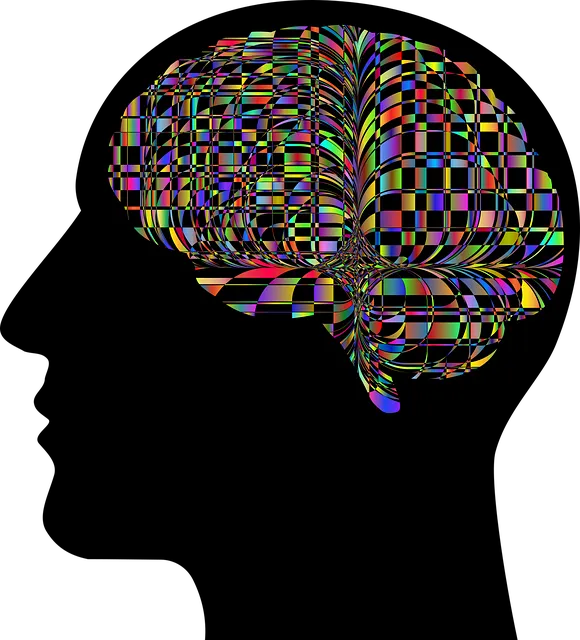
Mental health professionals are continually striving to enhance diagnosis accuracy, and several strategies are emerging as powerful tools in this regard. Standardization of assessment protocols is a key approach, ensuring that all practitioners follow consistent methods when evaluating mental health conditions. This standardization can be facilitated through comprehensive training programs like those offered by the Golden Kaiser Mental Health Programs, which teach evidence-based practices and promote a uniform understanding among healthcare providers. By adopting standardized tools and criteria, the risk of misdiagnosis is significantly reduced.
Additionally, continuous improvement initiatives play a pivotal role in refining diagnostic processes. Encouraging ongoing education and training for mental health professionals can introduce them to new research and techniques, such as Compassion Cultivation Practices and Stress Management Workshops Organization, which not only enhance diagnostic skills but also foster better patient care. Empathy Building Strategies are another essential aspect, promoting understanding and ensuring that patients feel heard and validated throughout the diagnosis process.
The journey towards enhancing mental illness diagnosis accuracy is an ongoing process, as highlighted by the current landscape’s complexities. The Golden Kaiser mental health programs exemplify innovative approaches, offering valuable insights into improving diagnostic standards. By implementing standardized strategies and fostering continuous improvement, we can ensure more accurate and timely mental health assessments. These efforts are pivotal in providing effective treatment and support to those in need, ultimately revolutionizing mental healthcare.
